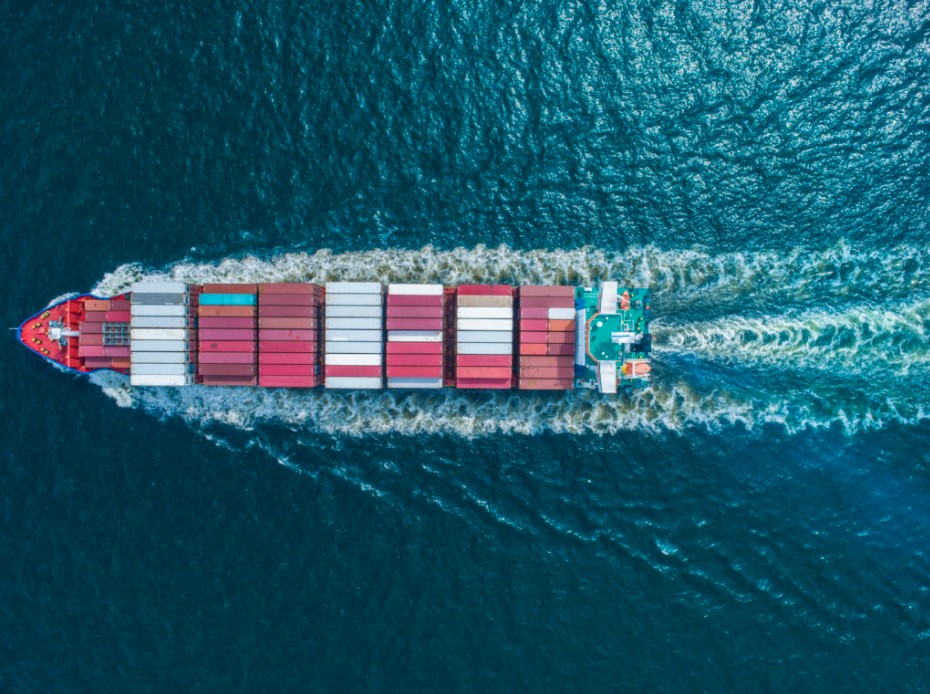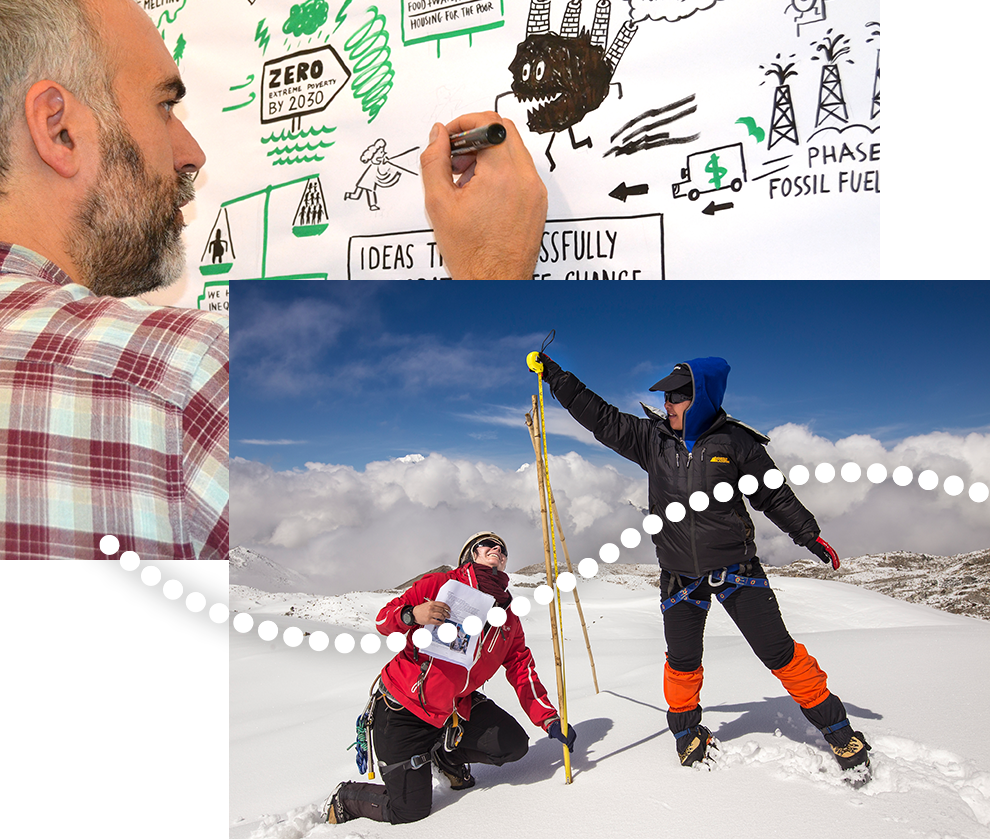Building a climate-resilient and just future for all: Managing cascading climate risk in global supply chains

Summary
Supply chains are the arteries of the global economy. But how resilient are they to climate risk? And what role do they play in carrying risk between communities great distances apart? COVID-19 has brought the vulnerabilities inherent in our global trading systems into sharp relief – how impacts can leap from sector to sector and cascade from country to county – often hitting the poorest and most vulnerable the hardest.
Climate change can also catalyze such cascading effects – with both companies and communities bearing the brunt. Yet the way we plan adaptation often fails to reflect the realities of how risk is driven and distributed in the 21st century. And efforts to strengthen the resilience of supply chains could lead to the redistribution of vulnerability rather than its reduction outright.
This dialogue shines a spotlight on industry and explores actions to strengthen the resilience of global supply chains to better manage the cross-border effects of climate change. It also reveals opportunities for just approaches to adaptation that bring co-benefits at scale. If our connections to each other expose us to the transboundary nature of climate risk, they also present an opportunity to shape an inclusive and sustainable path to the future.
Bringing together representatives from the private sector, civil society, governments and international organizations, the dialogue accelerates the transition towards a collaborative and coordinated approach to adaptation and a climate-resilient and just future for all.
Keynote speakers and panelists shared their insights and reflections on:
- How might the transboundary effects of climate change undermine the resilience of global supply chains and with what effect – particularly for our food security?
- How can recovery efforts from COVID-19 strengthen our resilience to systemic risks, including those posed by climate change?
- What are the implications of these risks for the private-sector, for trade policy-makers, for energy infrastructure and for particular groups in our societies and communities?
- And how can we build adaptation responses to better manage such risks in ways that are just, equitable and sustainable?
Event details and speakers
AgendaThe event was chaired by Musonda Mumba, Chief of the Terrestrial Ecosystems Unit, UN Environment
Opening remarks Nigel Topping, UK High Level Climate Action Champion Keynote speakers Pema Gyamtsho, Director General of ICIMOD and former Minister of Agriculture and Forests for the Royal Government of Bhutan Michihiro Oi, Director of International Strategy Division, Global Environment Bureau, Ministry of the Environment, Japan Panel members Kevin Adams, Research Fellow, Stockholm Environment Institute (SEI) Ashley Allen, Chief Sustainability Officer, Oatly Tom Howes, Head of Energy and Environment, International Energy Agency Simonetta Zarrilli, Chief of the Trade, Gender and Development Programme of the United Nations Conference on Trade and Development (UNCTAD) Discussants Eileen Gallagher, Associate Director, BSR Djimé Adoum, Executive Secretary of the Permanent Interstates, Committee for Drought Control in the Sahel and former Minister of Agriculture and Irrigation of Chad Ayman Cherkaoui, Adaptation Without Borders AmbassadorAllen Sophia Asiimwe, Chief Technical Officer, TradeMark East Africa Daouda Ben Oumar Ndiaya, Lead Climate Change Specialist, Islamic Development Bank (ISDB)
Closing remarks H. E. Chad Blackman, Ambassador, Permanent Representative of Barbados to the WTO and Chair of the WTO Environmental Committee Martin Frick, Deputy Special Envoy of the UN Secretary General for the 2021 Food Systems Summit Contact: Katy Harris, Senior Expert, SEI –katy.harris@sei.org
(0) Comments
There is no content